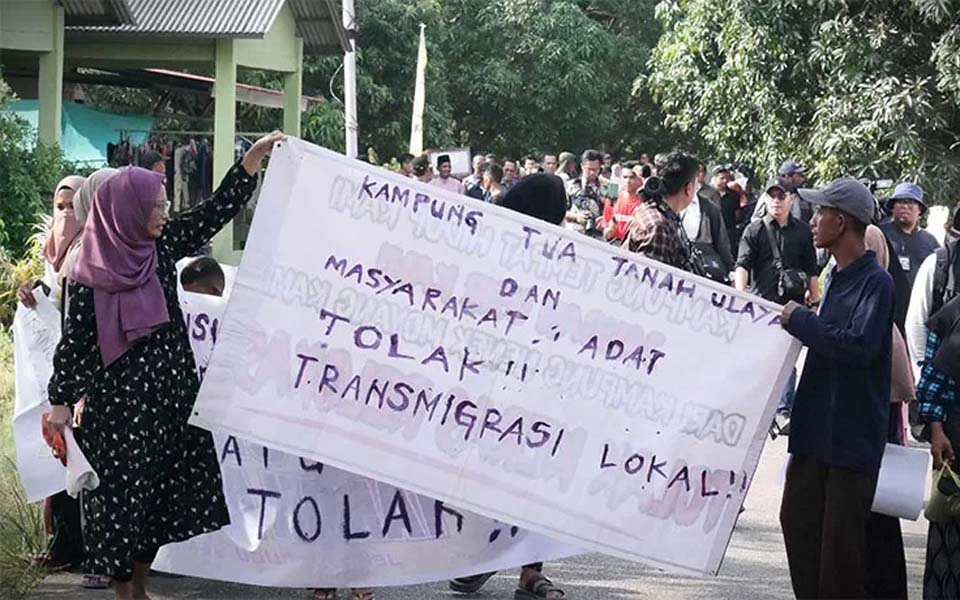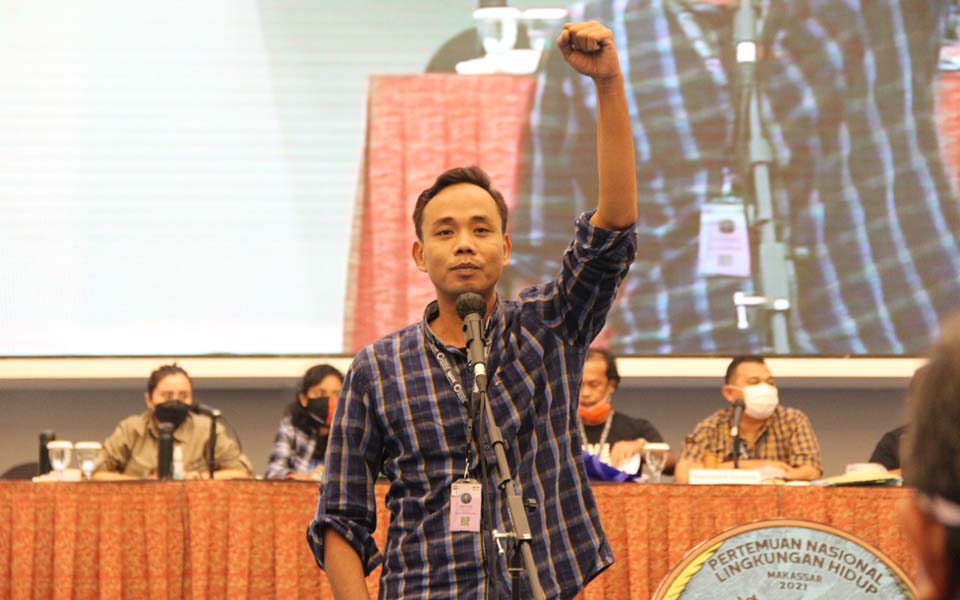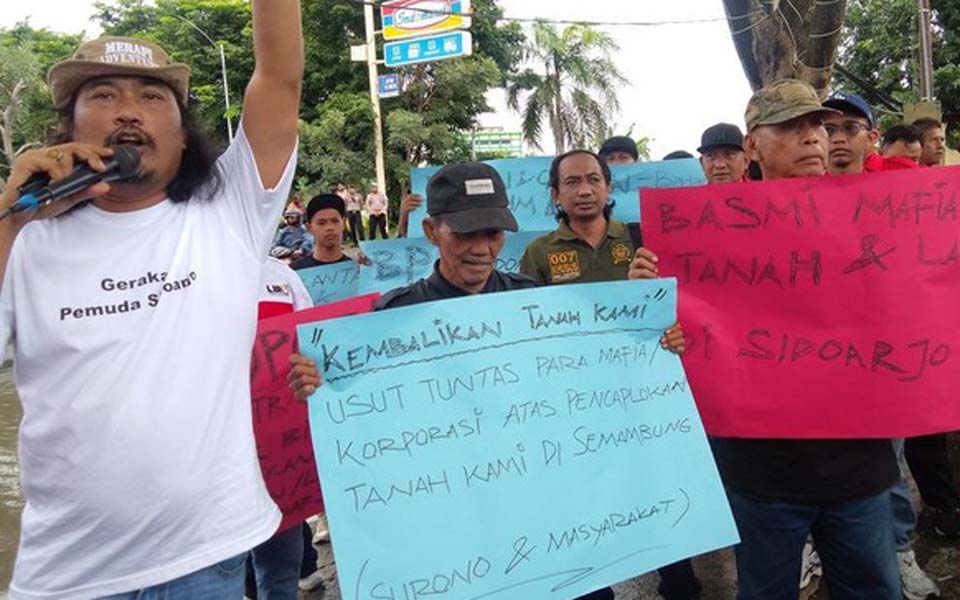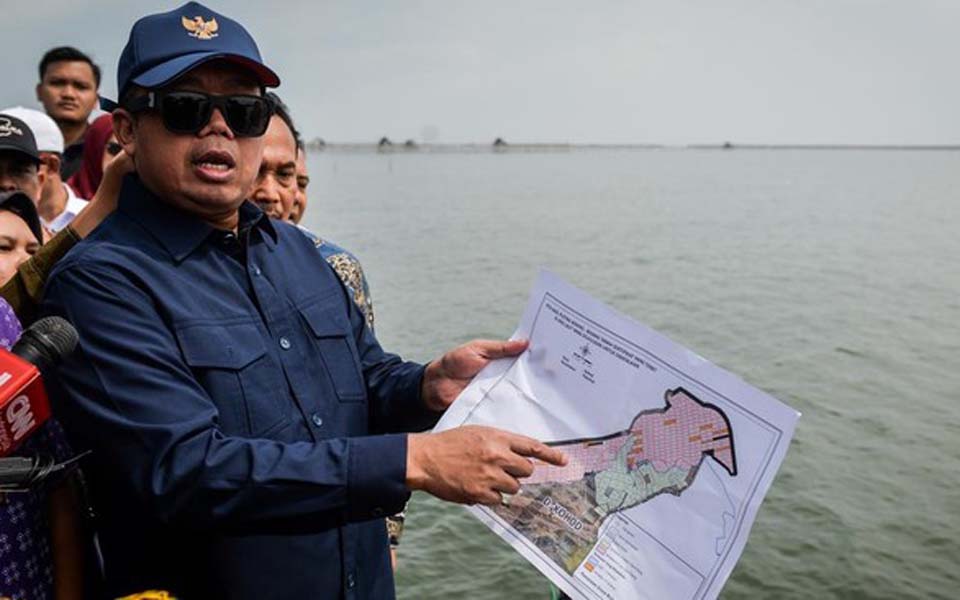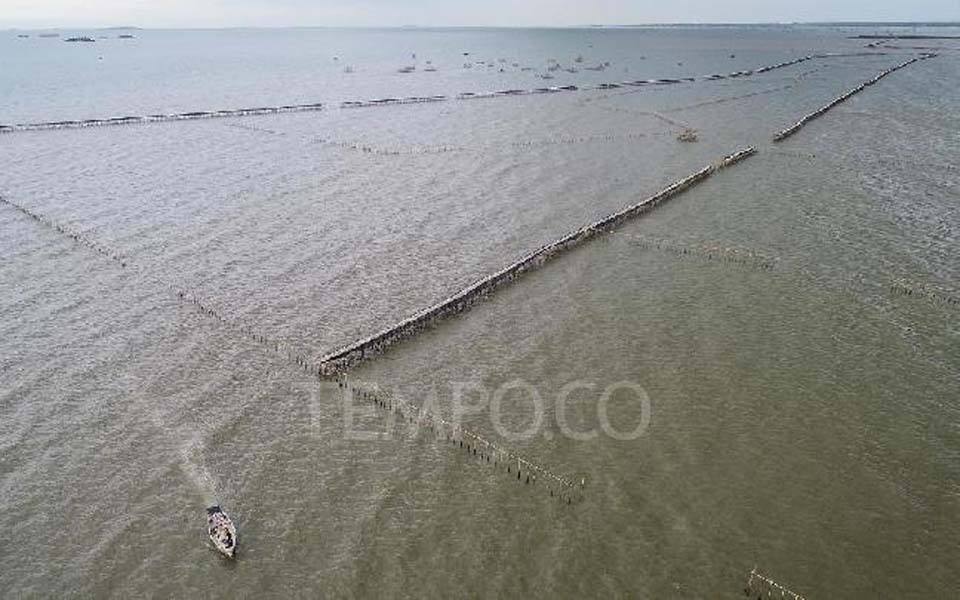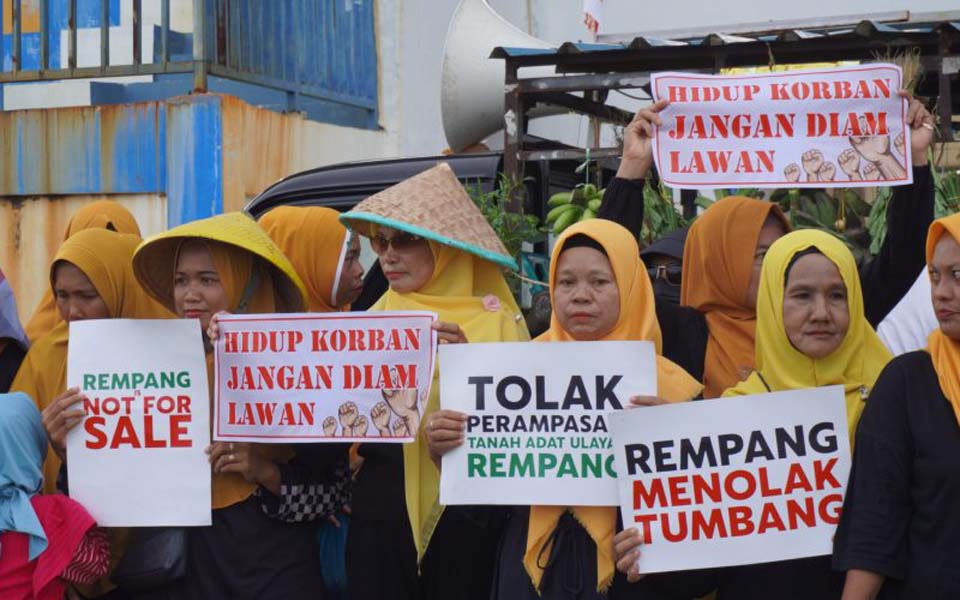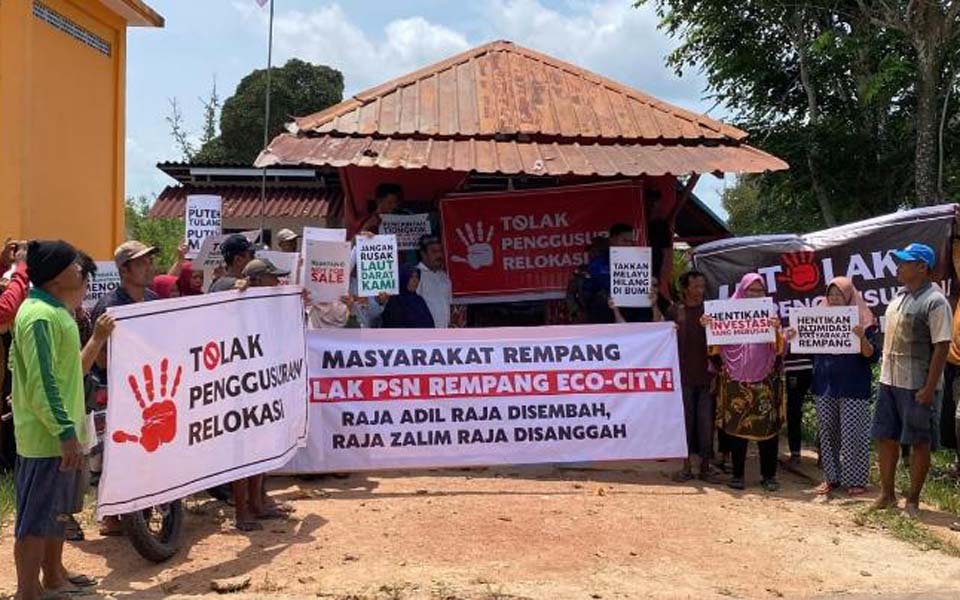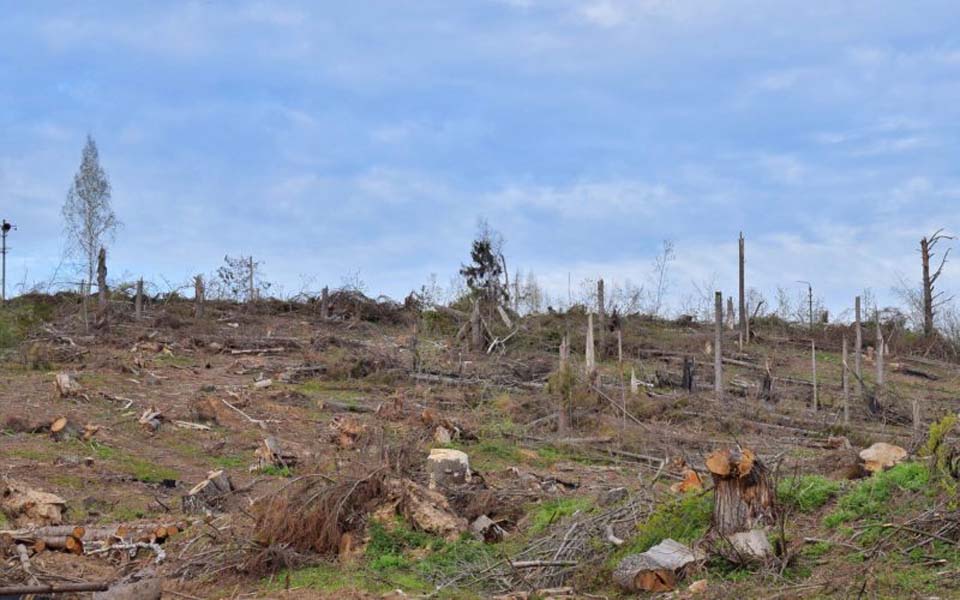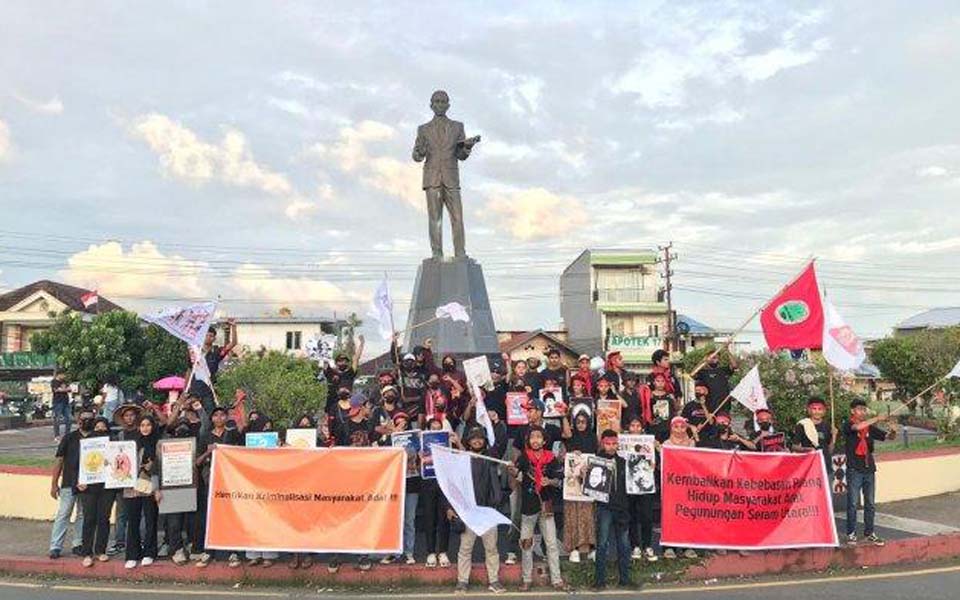Vitorio Mantalean, Ambaranie Nadia Kemala Movanita, Jakarta – The Agrarian Reform Consortium (KPA) has recorded 2,710 incidents of agrarian conflicts between 2015 and 2022 or during the nearly nine years of the administration of President Joko "Jokowi" Widodo.
KPA Secretary General Dewi Kartika said that these agrarian conflicts have broken out in many parts of the country and involve some 5.8 million hectares of land which are the source of livelihood for 1.7 million families.
"Meanwhile there are 1,687,000 hectares or more structural agrarian conflict areas that have been occupied, guarded and fought by KPA members in various regions that are continuously being safeguarded and defended from the threat of deprivation or eviction by private sector and state bodies as well as development projects that are anti-agrarian reform", explained Kartika during a virtual discussion on Sunday September 24 organised by the KPA to mark National Farmers Day 2023.
The KPK has recorded that over the same time period, at least 1,615 local residents have been arrested by police and criminalised for defending their rights to their land.
"As many as 77 people have been victims of shootings because security forces are still being mobilised in regions where there are agrarian conflicts", said Kartika.
As a result of this repressive approach, some 842 residents have been indicted by the courts.
Not stopping there, the agrarian conflicts that have broken out during the Widodo era have also resulted in the loss of life. "There were 29 people who had to lose their lives in areas of agrarian conflict because they defended their rights", she said.
Kartika added that these agrarian conflicts continue to take place across all sectors ranging from plantations, corporate agriculture, mining, infrastructure development and property developments, to coastal areas and small islands.
Some of these have been triggered by national strategic projects (PSN) which are considered to be "land hungry" and lead to the liberalisation of the industrial sector and sacrificing local communities.
Many national strategic projects use the domain verklarin approach which is based on the principle that if a person cannot prove the ownership of their land then it belongs to the state and they are not entitled to occupy it.
This principle is problematic because it ignores communal rights over land that has been cleared, cultivated and occupied by generation after generation.
As a consequence, the KPA has recorded that national strategic projects during the Widodo era have triggered at least 73 agrarian conflicts over the last three years.
Kartika also disagrees that these projects bring prosperity to the communities that are evicted.
"The theft of ordinary people's land in rural areas has resulted in rural communities being discarded and becoming poorly paid labourers, informal workers or migrating to the cities or overseas", she said.
The KPA also highlighted the performance of the National Agrarian Reform Team and the Agrarian Reform Task Force (GTRA), both of which have stalled despite being formed especially to resolve the problem of agrarian reform.
According to Kartika, this poor performance has resulted in the agrarian problems over the last nine years of the Widodo regime never being properly addressed.
[Translated by James Balowski. The original title of the article was "Konflik Agraria Era Jokowi, KPA: 29 Warga Tewas Perjuangkan Hak atas Tanah".]






